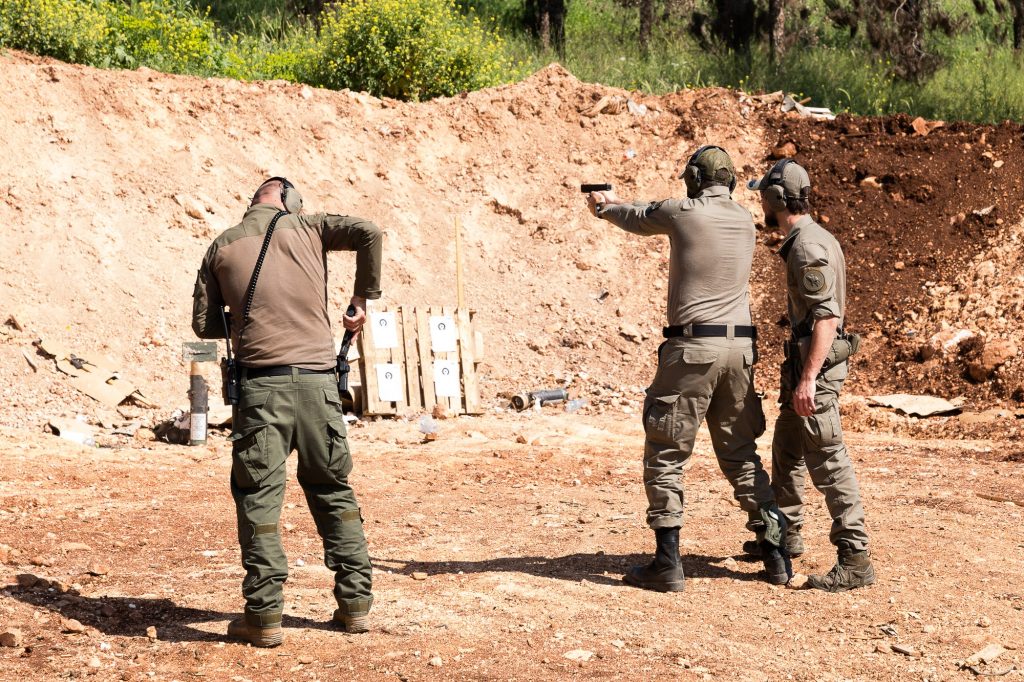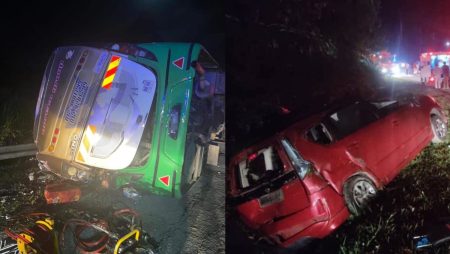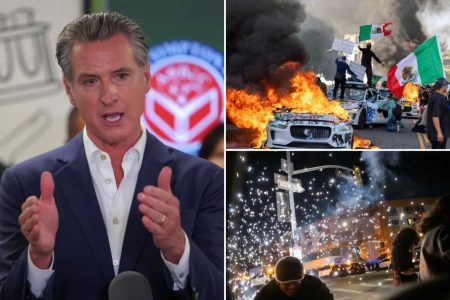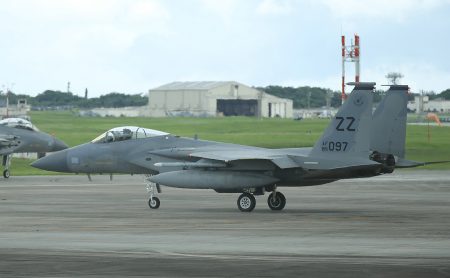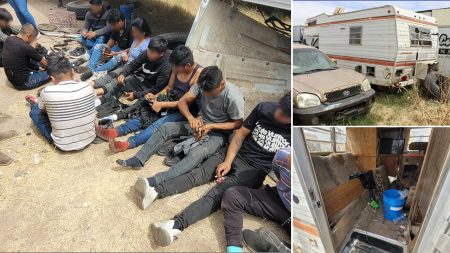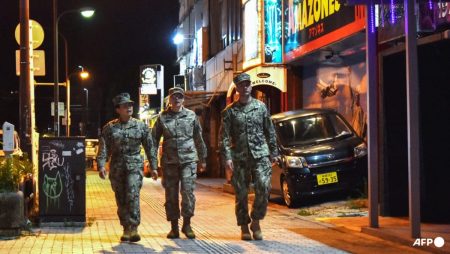The unprecedented Hamas attack on October 7, 2023, which claimed over 1,200 Israeli lives, has dramatically reshaped the nation’s perspective on personal firearm ownership. Prior to this horrific event, guns were largely viewed as a liability, and the stringent licensing process, coupled with a general trust in the state’s defense capabilities, deterred most citizens from seeking personal firearms. The massacre shattered this sense of security, prompting a surge in gun license applications, reflecting a collective realization that personal protection might be the only recourse in a newly volatile environment. This shift is exemplified by individuals like Erga Froman, a midwife who, after realizing her vulnerability while traveling alone at night, immediately applied for a gun license following the attack, symbolizing the transformation of a nation accustomed to relying on the state’s protection to one embracing individual responsibility for safety.
The attack exposed not just a security gap but also the potential limitations of relying solely on organized defense forces. The lack of sufficient medical and security personnel during the initial stages of the attack highlighted the critical need for immediate response capabilities at the community level. This has fueled the push for both community medical teams and individual armament, reflecting a renewed emphasis on self-reliance and preparedness. The speed and scale of the shift are evident in the dramatic increase in gun license applications – over 260,000 in the months following the attack, nearly equaling the total number from the previous two decades. This surge has challenged the existing licensing infrastructure and raised concerns about adequate oversight and training.
The motivations behind the increased gun ownership are deeply rooted in the desire for self-preservation and the protection of loved ones. Ayala Mirkin, a mother from Shiloh, applied for a license after her husband was deployed to Gaza, leaving her alone with their children and vulnerable. Her story reflects the anxieties of many families in isolated settlements or those facing similar vulnerabilities. The decision to arm themselves is not driven by a desire for firepower but by a desperate need to protect their families in a perceived state of heightened insecurity. This sentiment underscores a critical distinction between gun ownership in Israel and the United States: in Israel, firearms are primarily viewed as tools of survival in the face of terrorism, not as symbols of personal liberty or defense against crime.
The rapid proliferation of firearms has introduced new complexities and anxieties into Israeli society. Concerns abound regarding the adequacy of training for new gun owners, the potential for accidental shootings, and the increased risk of misidentification in tense situations. The tragic incident in November 2023, where an Israeli civilian who had engaged terrorists was mistakenly shot by a soldier, underscores this very real danger. Oren Gozlan, a paratrooper veteran, echoes this concern, highlighting his unease at witnessing poorly trained individuals at shooting ranges now carrying licensed firearms. This anxiety reflects a broader societal apprehension about the potential unintended consequences of widespread gun ownership.
The psychological impact of this shift is profound. The decision to bear arms is often fraught with internal conflict, as individuals grapple with the responsibility and potential consequences of wielding deadly force. Eyal Haskel, a father from Tel Aviv, describes the social pressure he faced to acquire a gun, highlighting the shift in societal expectations in the wake of the attack. This pressure underscore a change in social dynamics, where gun ownership is increasingly viewed as not just a right but a responsibility, a necessary step towards safeguarding one’s community and loved ones. The narrative surrounding firearms has transformed from one of cautious avoidance to one of reluctant acceptance, driven by a shared sense of vulnerability and a desire for self-preservation.
The increased accessibility of firearms has sparked a national debate on the balance between security and the potential risks associated with widespread gun ownership. Critics argue that the expedited licensing process compromises long-term safety for the sake of immediate security needs, raising concerns about potential increases in accidental shootings and domestic violence. The ease with which licenses are obtained is a stark contrast to the regulations surrounding other potentially dangerous activities, such as driving. However, proponents like Froman emphasize the strict regulations regarding safe storage and usage, highlighting the difference in mentality and purpose compared to gun ownership in the United States. The consensus among interviewees is that firearms are not seen as desirable possessions but as necessary tools for survival in an increasingly dangerous reality, a last resort in the face of an existential threat. The enduring question remains: how will this newly armed society navigate the complexities of personal responsibility, safety, and the potential for unintended consequences in the long term?




